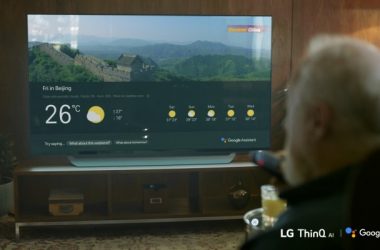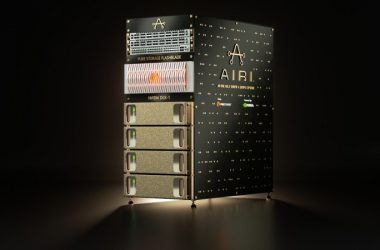
Mark Shuttleworth, founder and CEO of Canonical Ltd., the maker of the most popular desktop Linux alternative to Microsoft Corp.’s Windows, not only claims to be "delighted" that Windows 7 is out, but calls the new operating system an "excellent release."
"It’s a substantial improvement on the past. Even on netbooks, it’s a credible release," Shuttleworth said today during a conference call launching the Ubuntu 9.10 operating system.
Ubuntu 9.10’s launch five days after Windows 7’s is no coincidence. For the past several years, Ubuntu has carried the Linux community’s flag in its valiant-but-so-far-unsuccessful attempts to erode Windows’ dominance in the desktop PC market.
Ubuntu and Linux generally continue to be hamstrung by the operating system’s technically forbidding image, its smaller selection of applications and games, device compatibility issues, and the reluctance of PC makers to preinstall Linux, due to its lack of popularity and the desire to keep good relations with Microsoft.
But Shuttleworth sees three potential openings for Ubuntu and other desktop alternatives to Microsoft’s OS. First, Microsoft is continuing to hawk Windows XP to netbook makers, despite the eight-year-old operating system being a "ghost" of a platform at this point, he said.
Second, Microsoft hopes PC makers will adopt the pricier Windows 7 Starter Edition over XP despite what Shuttleworth describes as "significant restrictions" on its capabilities compared with full-fledged versions of Windows 7.
Finally, Windows "remains a proprietary and relatively expensive piece of technology," Shuttleworth said. For those reasons, "I’m quite confident," he added.
Linux initially led the netbook market, though that was quickly cut short after Microsoft, as Shuttleworth put it, "clawed back" with Windows XP.
Today, Ubuntu supports 25 netbook models, with Dell Inc. being the biggest supporter. Most of those shipments go outside of the U.S. "I would love to have another stab at the U.S. market," Shuttleworth said.
Formerly code-named "Karmic Koala," Ubuntu 9.10 offers many improvements on driver compatibility, according to Shuttleworth.
"On printers, we use the same subsystem as Apple Inc.’s Macs, so I’m very confident that we’ve covered all the bases there," he said. On video cards and network cards, "there is a tremendous amount of energy being invested. The story is improving rapidly."
The most glaring hardware incompatibility with Ubuntu, he said, is Apple’s iPhone.
Formerly a desktop-only distribution of Linux, Canonical is investing heavily in a server version of Ubuntu 9.10 with cloud features and Amazon EC2 and S3 compatibility.
"We want to deliver Ubuntu as an end-to-end solution," Shuttleworth said. "By 2010, there will be people developing for Ubuntu on ARM smartbooks as well as deploying it on Intel Xeon servers in the cloud."
While saying that Google Inc.’s Linux-based ChromeOS platform "doesn’t threaten us, but energizes us to get the desktop right," Shuttleworth also took a subtle jab at Google’s Web-first vision.
"We think the desktop still has a critical role in the cloud-oriented world," he said. "We’d rather deliver services to desktop apps directly rather than through a Web browser."
But Mark Shuttleworth gives 3 reasons why latest Ubuntu may make headway against Microsoft





